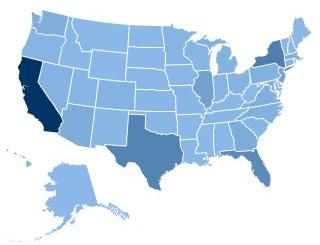Published on Sun, Apr 24, 2011
The 112th Congress had a full plate to start the year.
Debates and votes were expected on energy, climate change, education, national security, immigration, trade agreements and transportation. And there was the ongoing war in Afghanistan.
But for the most part, lawmakers have been consumed with cutting the federal budget deficit – which might top $1.6 trillion this year – since convening in January.
Sen. Richard Lugar, R-Ind., said the focus on all things fiscal began with the November elections, when voters gave Republicans control of the House and a larger minority in the Senate.
“The overwhelming interest of citizens in this country in these budget matters … almost impelled that this would likely be the case, that we would be spending almost all the time discussing some part of spending, taxes, budget stability, debt and the future of all this,” Lugar said in a recent interview.
Freshman Rep. Marlin Stutzman, R-3rd, blames the previous Congress, which failed last year to approve a budget for fiscal 2011. After a series of short-term spending extensions, legislators finally passed an appropriations bill April 14, more than six months into the fiscal year that ends Sept. 30.
The 2011 budget, which spends about $3.8 trillion, “took up an awful lot of our time this year. We could have been dealing with next year’s budget, energy, tax policy,” said Stutzman, a member of the House Budget Committee.
After a two-week spring recess, Congress will reconvene in May and dive back into the fiscal fray. It must soon vote on whether to raise the $14.3 trillion national debt ceiling that the government is about to reach. Lawmakers also will be tussling over a half-dozen budget proposals for fiscal 2012, including a version approved April 15 by the House. They will battle over whether to cut spending for the military, Medicare and Social Security.Read more...
Published in the Fort Wayne Journal Gazette



